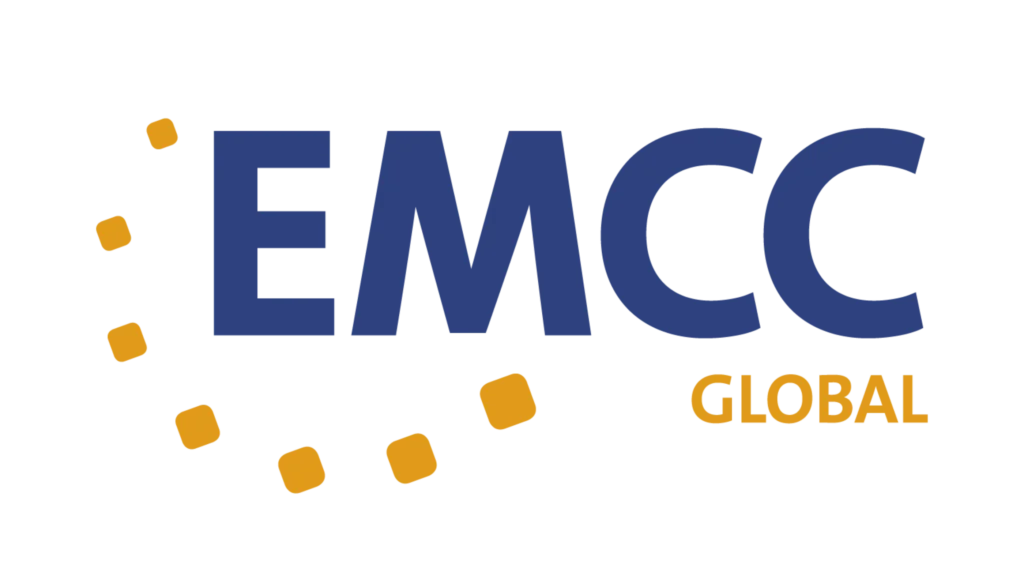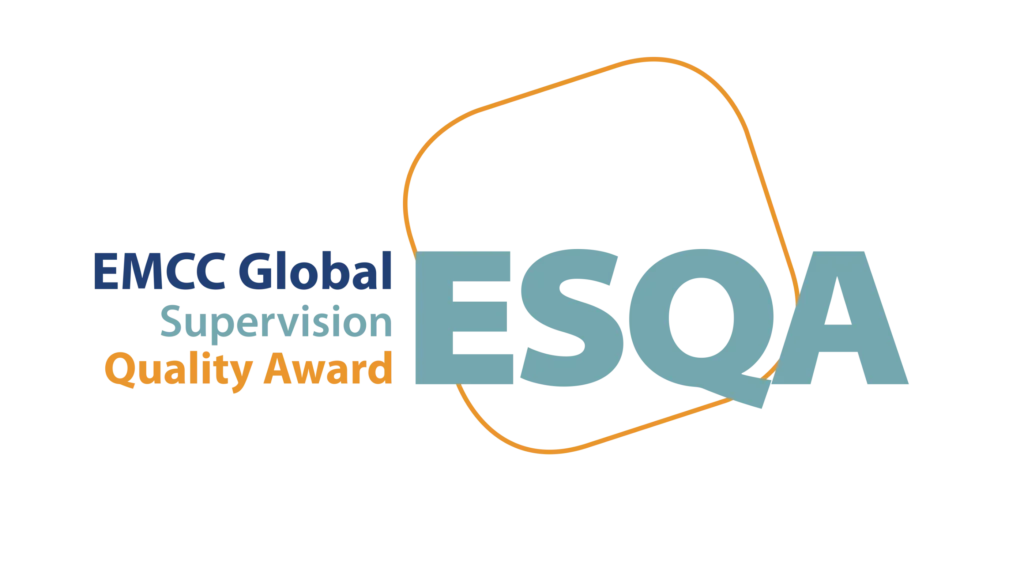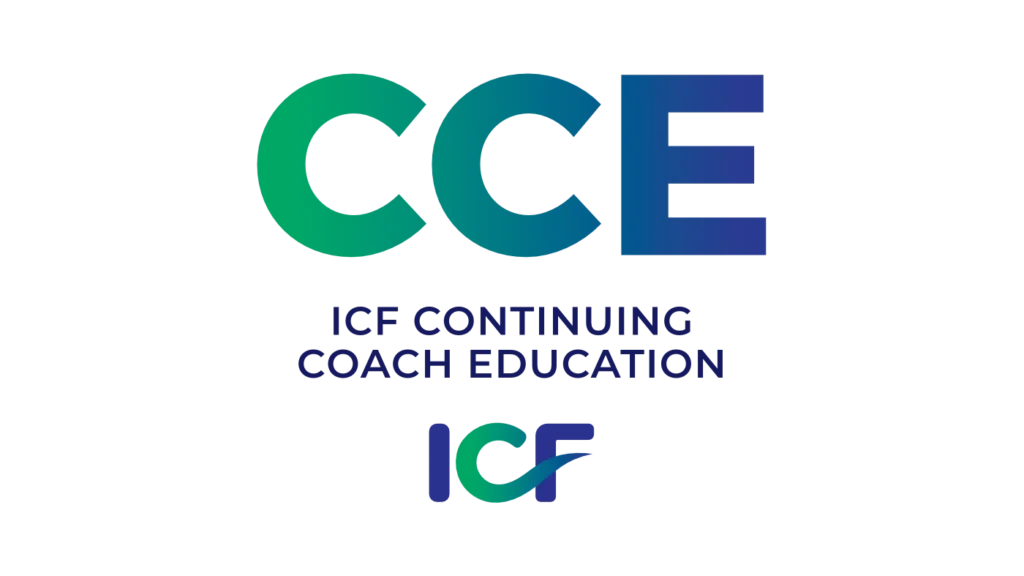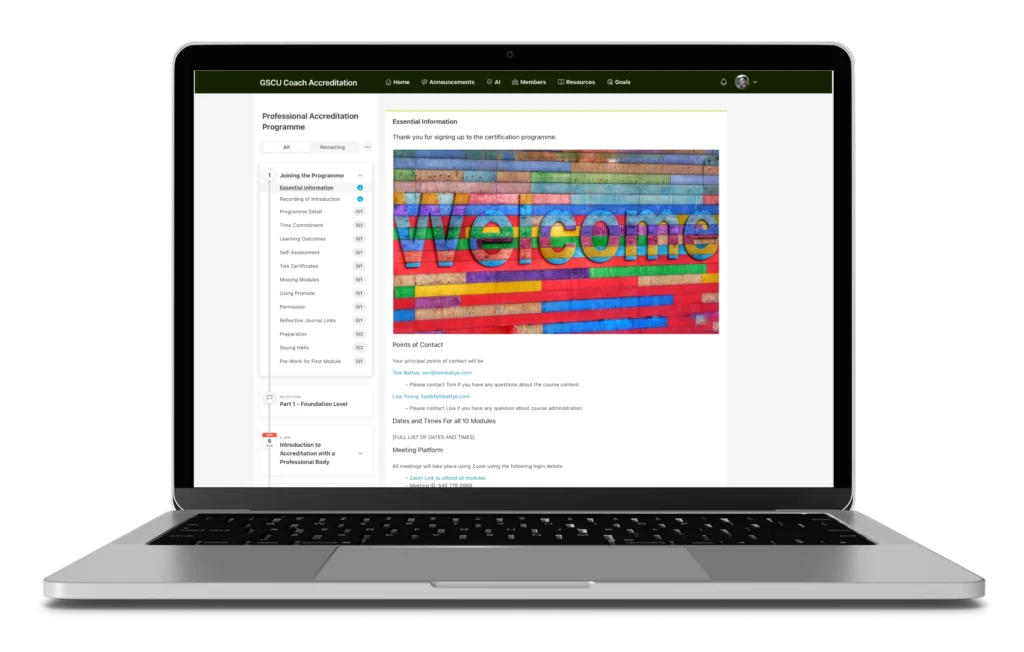Target Audience
Your first step as professional coach supervisor
The course has been developed for experienced coaches, operating at the level of Senior Practitioner (with EMCC Global or AC), PCC (with ICF), Level 7 (with ILM) or any other equivalent accreditation status.
Suitable for
Coaching leads planning to offer supervision to internal coaches
Organisational development professionals wishing to expand their range
Course Components
Successful completion of the programme includes meeting all the EMCC Global training requirements for individual accreditation as a supervisor.
If you have accumulated sufficient practice hours, graduates will obtain the internationally recognised ESIA supervisor accreditation with EMCC Global.
The course fee includes the cost of accreditation (but not membership of EMCC, which must be taken separately).
The programme has been designed to align well with the life of a busy professional. Training sessions are short and well-spaced over 12 months.



